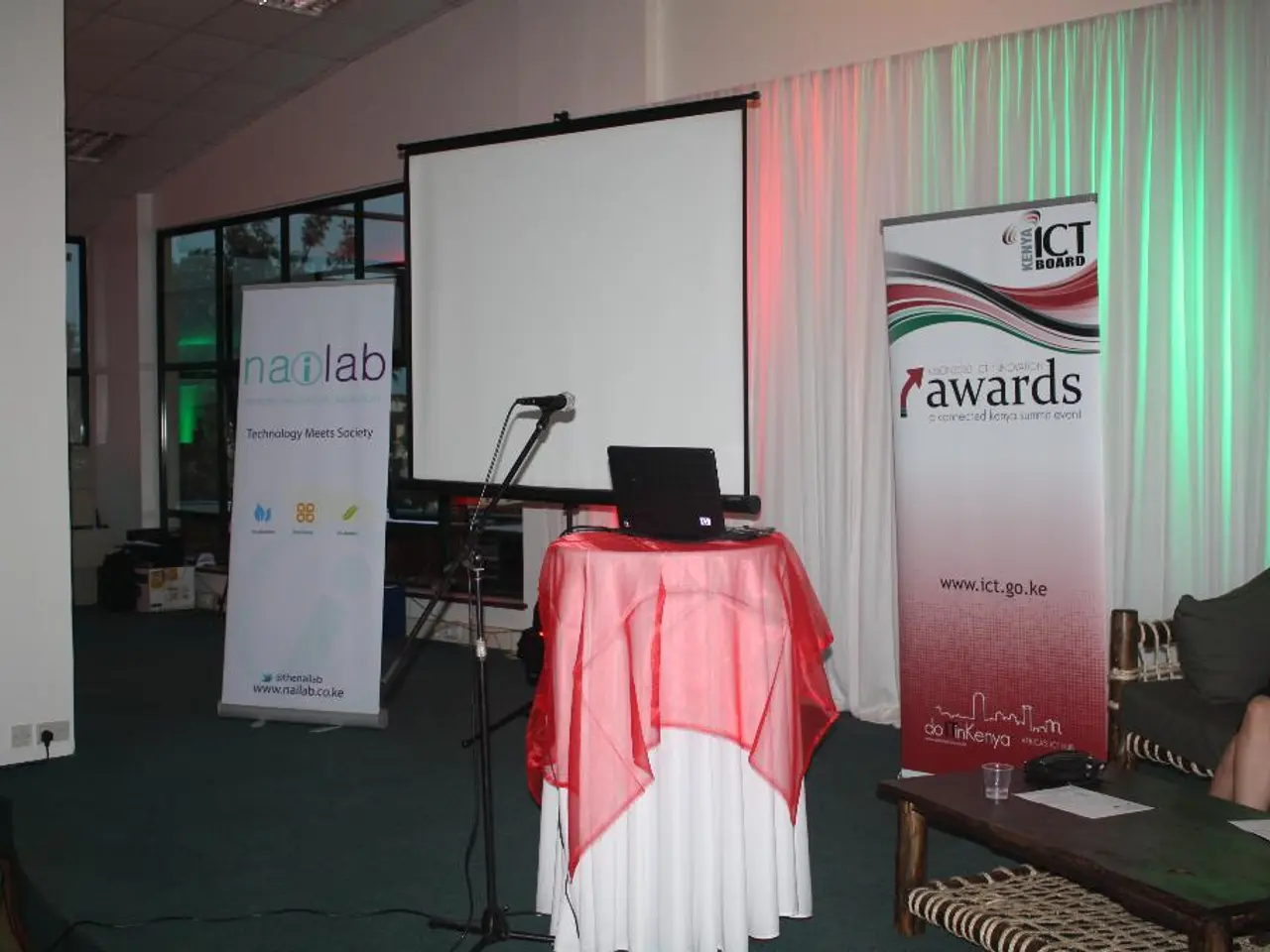Undercover examination of the right-wing misinformation systems fomenting UK disturbances
In a series of disturbing events, social media platforms have been identified as significant contributors to the spread of Islamophobic and anti-immigrant ideologies in the UK. This phenomenon was evident in the aftermath of the tragic Southport stabbing incident, where three young lives were lost.
The suspect in the Southport killings was a 17-year-old born in Cardiff to non-Muslim, Rwandan parents. However, false rumours about the attacker began on social media hours after the incident, with anti-lockdown activist Bernadette Spofforth circulating a screenshot from LinkedIn that named "Ali al-Shakati" as the attacker. This misinformation quickly gained traction, despite the suspect's non-Muslim background.
Disinformation expert Marc Owen-Jones believes that figures like Stephen Yaxley-Lennon (Tommy Robinson) follow a well-established playbook when responding to events like the Southport killings. Yaxley-Lennon, who returned to Twitter following his reinstatement in November 2023, leveraged both Twitter and Telegram communities to spread false claims and defamatory content about the attacker and asylum seekers.
Yaxley-Lennon's posts were boosted by Elon Musk, who dismantled Twitter's trust and safety council and replaced the previous blue tick verification system with a subscription-based one. Musk's political positions have shifted sharply to the right, and he has posted apocalyptic, factually inaccurate, and conspiracist content to his near-200 million following.
The unchecked spread of such rhetoric and the continued existence of far-right social media networks pose a significant future threat. In the days following the Southport stabbing, far-right mobs launched attacks on centres and hotels housing people seeking asylum in various cities across the UK, including Manchester, Sunderland, Middlesbrough, Hartlepool, Portsmouth, Belfast, and more.
One such attack attempted to set a Holiday Inn Express on fire in Rotherham, South Yorkshire. The riots subsided following a large-scale turnout of community organizations, grassroots counter-protesters, and anti-fascist activists.
Conspiracy theories persist, including the belief that the alleged Southport attacker is an undocumented Muslim immigrant and that the identity released by police is part of an elaborate cover-up. Cheshire police have arrested and bailed a woman on suspicion of stirring racial hatred and spreading false information related to the spread of "Ali al-Shakati" rumours.
The environment on social media often intersects with broader media and political discourses, where some think tanks and government bodies have been criticized for promoting Islamophobic rhetoric or denying the extent of Islamophobia, thus legitimizing hostile attitudes towards Muslims. The UK government’s attempts to address Islamophobia have faced criticism for excluding credible Muslim voices and consulting individuals or organizations accused of Islamophobia, which undermines efforts to combat anti-Muslim hatred effectively.
This dynamic reinforces the need for social media platforms to take a more proactive role in combating hate speech and misinformation. By failing to address these issues, platforms like Twitter and Telegram enable the rapid dissemination of Islamophobic tropes, often fueling bias and prejudice that translate into hate crimes and social tensions.
- Social media platforms, such as Twitter and Telegram, have been highlighted as influential contributors to the propagation of Islamophobic and anti-immigrant sentiments in the UK's lifestyle and general-news landscape.
- The unchecked dissemination of disinformation, including false rumours about individuals and asylum seekers, can escalate into violent crime-and-justice incidents, as demonstrated by the Southport stabbing case.
- Technology giants like Elon Musk, by dismantling trust and safety measures, may be inadvertently promoting entertainment-based content that contains apocalyptic, factually inaccurate, and conspiracist statements, which can fuel political polarization.
- The entanglement of social media, politics, and entertainment creates an environment that marginalizes certain groups, like Muslims, and enables hate speech and misinformation to proliferate, potentially leading to increased crime-and-justice incidents and social tensions.




